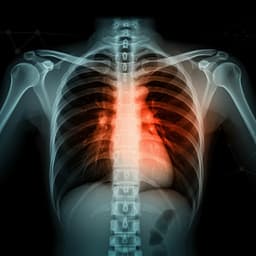
Medicine and Health
Age estimation from sleep studies using deep learning predicts life expectancy
A. Brink-kjær, E. B. Leary, et al.
This groundbreaking study, conducted by a team of experts including Andreas Brink-Kjær and Eileen B. Leary, leverages deep neural networks to accurately estimate age and mortality risk from polysomnograms. With a remarkable mean absolute error of just 5.8 years, these models reveal crucial insights into how age estimation errors can significantly correlate with life expectancy.
Related Publications
Explore these studies to deepen your understanding of the subject.







